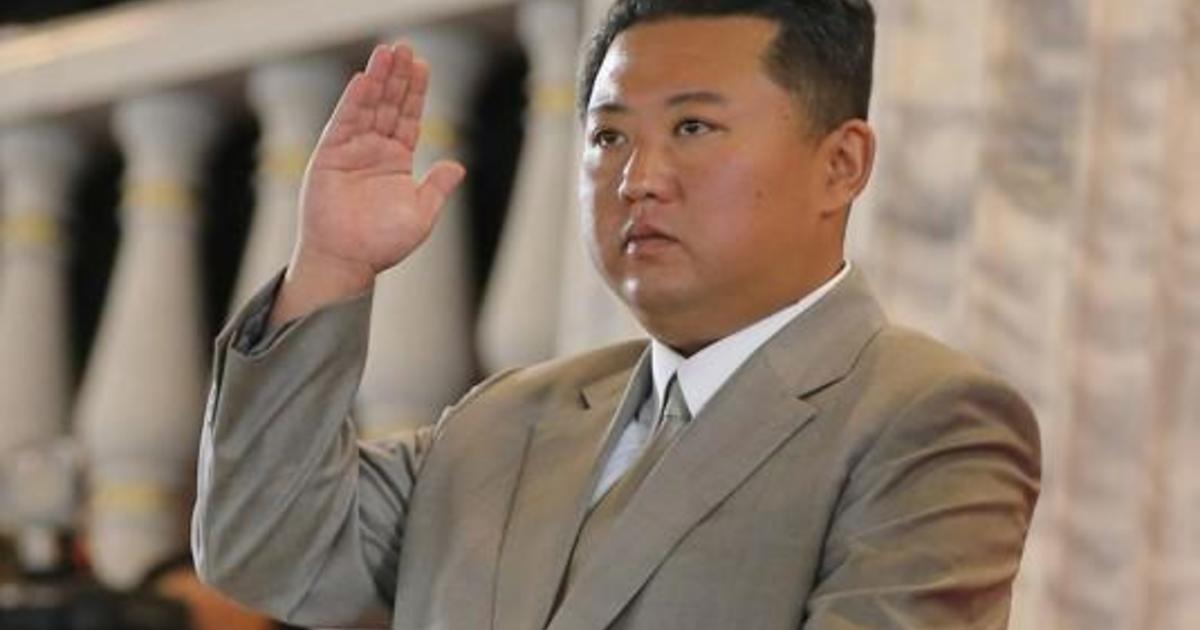Legal Implications of Suing in South Korea

Sue mi terry south korea – Navigating the legal system in South Korea can be daunting for foreigners. Understanding the legal framework and implications of suing in South Korea is crucial before initiating any legal proceedings.
South Korea has a civil law system, which means that laws are codified and interpreted by judges rather than juries. The legal system is based on the Constitution of the Republic of Korea and various statutes, including the Civil Code, the Criminal Code, and the Code of Civil Procedure.
Sue Mi Terry South Korea, si artis Korea yang lagi viral karena kecantikannya. Tapi tahu nggak, dia juga jago banget main baseball. Home run-nya udah banyak banget, kalahin Alec Bohm. Eh, tapi ngomong-ngomong soal Alec Bohm, dia juga jago banget main baseball.
Home run-nya juga banyak banget. Keren banget deh pokoknya!
Jurisdiction and Legal Grounds
South Korean courts have jurisdiction over cases involving individuals or entities residing in South Korea or those who have committed a tort or breach of contract within the country. To file a lawsuit, there must be a legal basis or “cause of action.” Common legal grounds include breach of contract, personal injury, property damage, and defamation.
Sue Mi Terry’s spicy adventures in South Korea have taken an unexpected turn. Turns out, she’s a big fan of the NFL, especially Justin Jefferson. So, let’s hope her Korean adventures don’t end up like Jefferson’s disappointing playoff performance!
Legal Process, Sue mi terry south korea
The legal process in South Korea involves several steps. The plaintiff (the person filing the lawsuit) must first file a complaint with the court, which includes details of the claim, evidence, and a request for relief. The defendant (the person being sued) then has the opportunity to file a response and present their defense. The court may hold hearings and gather evidence before making a decision.
Legal Fees and Expenses
Legal fees and expenses in South Korea can vary depending on the complexity of the case and the attorney’s experience. Plaintiffs are typically responsible for paying their own legal fees, regardless of the outcome of the case. However, if the plaintiff wins the case, the court may order the defendant to reimburse some or all of the legal fees.
Cultural Considerations for Suing in South Korea

In South Korea, lawsuits are not as common as in some other countries. This is due to a number of cultural factors, including the importance of maintaining harmony and the belief that lawsuits can be seen as a sign of disrespect.
When it comes to resolving disputes, Koreans often prefer to use mediation or other alternative dispute resolution mechanisms. This is because mediation is seen as a less adversarial way to resolve conflicts, and it can help to preserve relationships.
Importance of Mediation and Alternative Dispute Resolution Mechanisms
Mediation is a process in which a neutral third party helps the parties involved in a dispute to reach an agreement. Mediation is often used in South Korea to resolve disputes between businesses, neighbors, and family members.
There are a number of benefits to using mediation to resolve disputes. Mediation is less adversarial than litigation, and it can help to preserve relationships. Mediation is also often less expensive and time-consuming than litigation.
How Cultural Factors May Influence the Outcome of a Lawsuit in South Korea
Cultural factors can influence the outcome of a lawsuit in South Korea in a number of ways.
In addition, the jury may be more likely to award damages to the party that is seen as being more sympathetic.
Case Studies of Notable Lawsuits in South Korea: Sue Mi Terry South Korea

South Korea has seen a number of high-profile lawsuits involving foreigners in recent years. These cases have highlighted the challenges that foreigners can face when navigating the South Korean legal system. They have also had a significant impact on the legal landscape in South Korea.
One of the most notable cases is that of Amanda Knox, an American student who was convicted of murdering her roommate in Italy in 2007. Knox was eventually acquitted on appeal, but the case raised questions about the fairness of the Italian justice system. In South Korea, the Knox case has led to increased scrutiny of the country’s own justice system and has prompted calls for reform.
Foreigner’s Legal Strategies and Challenges
Foreigners who are involved in lawsuits in South Korea often face a number of challenges. These challenges include:
- Language barriers
- Cultural differences
- Lack of familiarity with the South Korean legal system
To overcome these challenges, foreigners often need to hire a lawyer who is experienced in representing foreigners in South Korean courts. Lawyers can help foreigners to understand the legal process, to prepare their case, and to represent them in court.